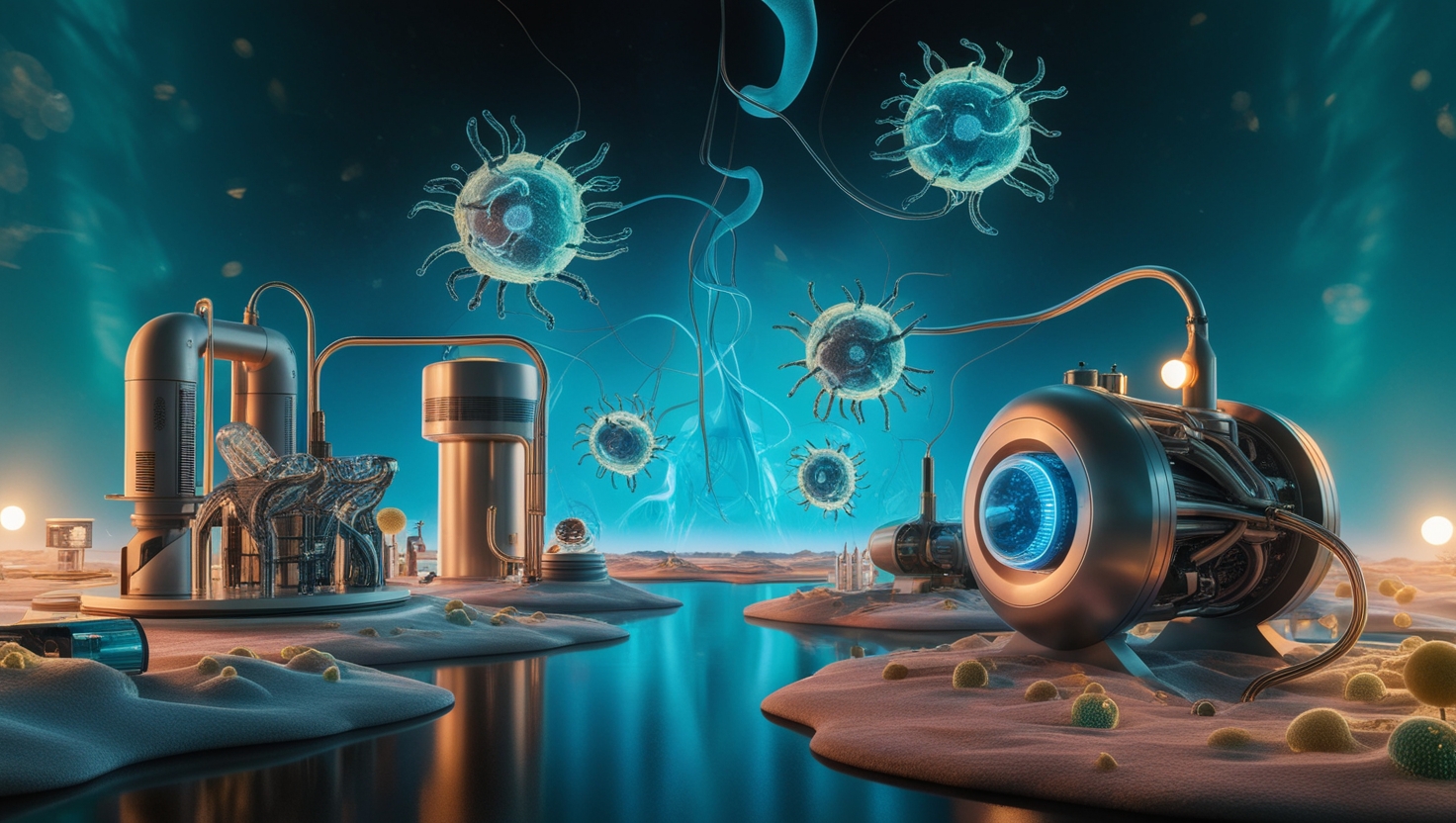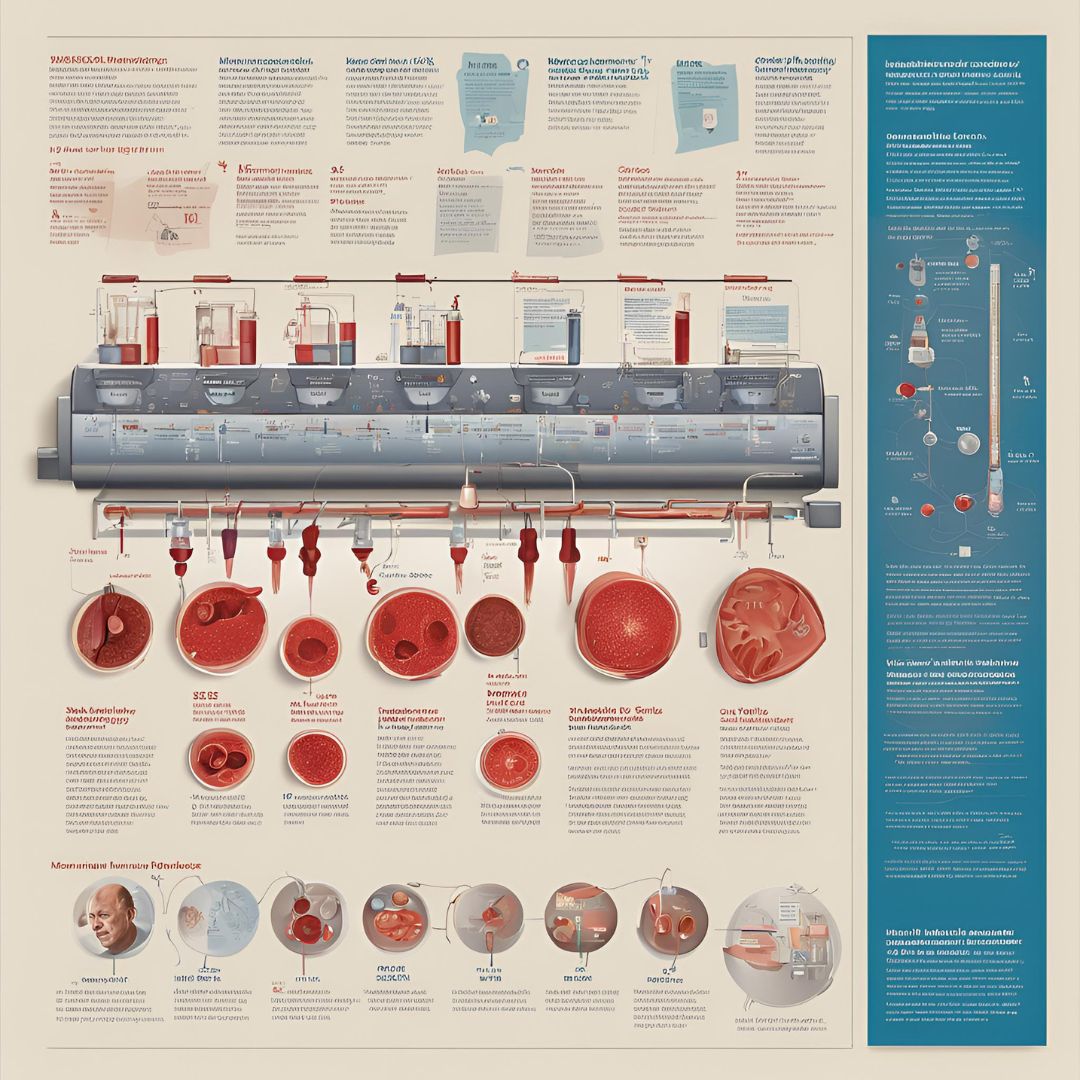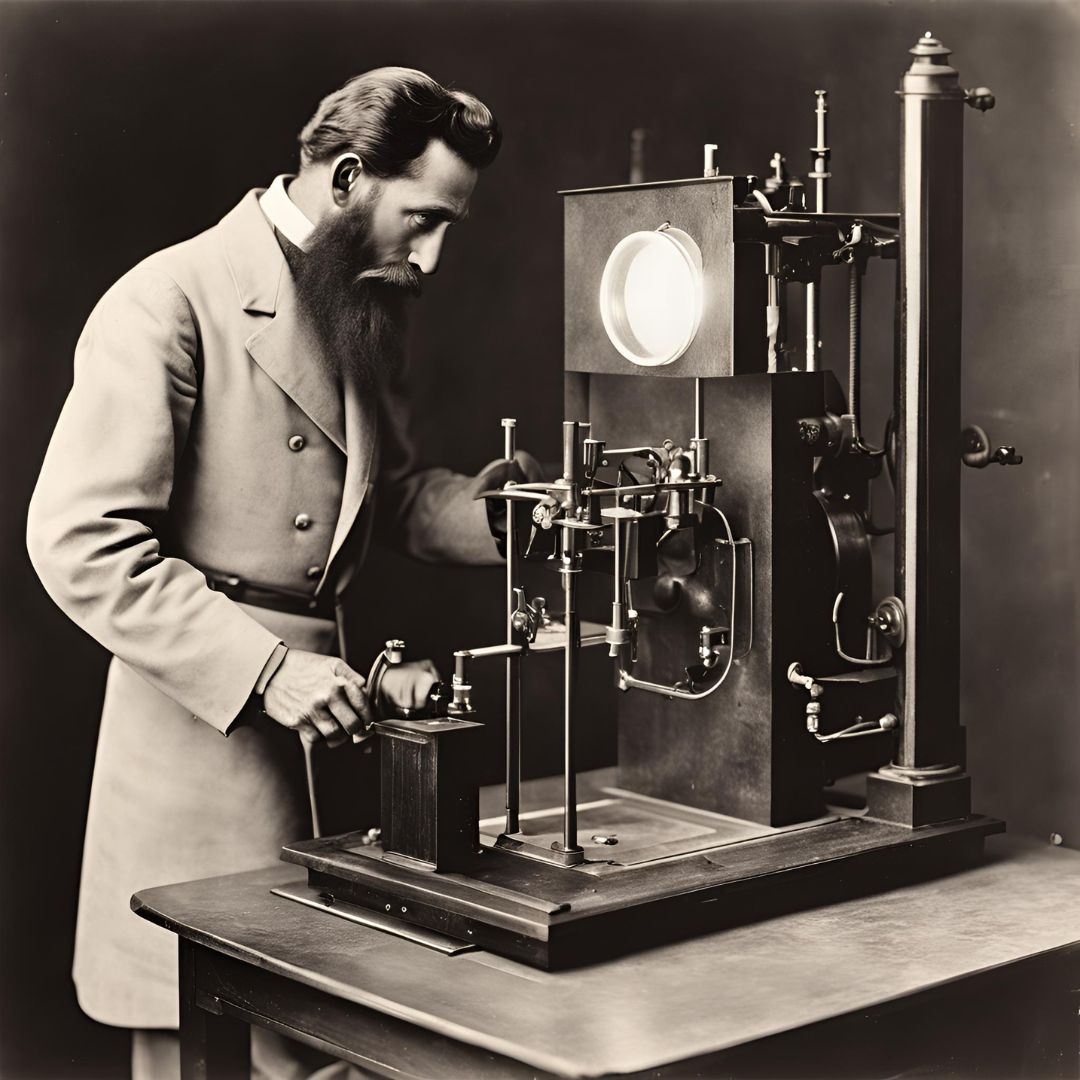What is Biotechnology?
Biotechnology is a field that blends biology with technology to create innovative solutions in medicine, agriculture, environmental management, and industry. It allows us to manipulate living organisms and biological systems to produce new products and processes that benefit humanity.
A Brief History of Biotechnology
Biotechnology has ancient roots. Thousands of years ago, humans used microorganisms to ferment foods and beverages like bread, cheese, and beer. These early practices were forms of biotechnology, though people didn’t understand the science behind them.
The modern era of biotechnology began in the mid-20th century. The discovery of DNA’s structure by James Watson and Francis Crick in 1953 was a turning point. This groundbreaking finding led to genetic engineering, a technique central to modern biotechnology. With the ability to manipulate DNA, we can now create genetically modified organisms (GMOs) and develop gene therapies for diseases that were once untreatable.
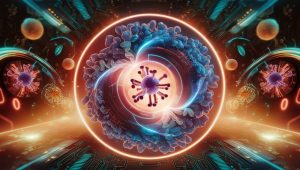
Key Areas of Biotechnology
Biotechnology is a broad field with many applications. Some of the key areas include:
- Medical Biotechnology: This area focuses on developing new therapies, diagnostics, and medical devices. It has led to life-saving drugs, vaccines, and gene therapies. For example, recombinant DNA technology allows us to produce insulin for diabetes patients. CRISPR-Cas9 gene editing holds promise for curing genetic disorders.
- Agricultural Biotechnology: Biotechnology in agriculture enhances crop yields, improves resistance to pests and diseases, and increases nutritional value. Genetically modified crops, such as Bt corn and Roundup Ready soybeans, are examples of how biotechnology can make farming more efficient and sustainable.
- Environmental Biotechnology: This area uses biological processes to solve environmental problems. Biotechnology can help clean up oil spills, manage waste, and reduce pollution. Bioremediation, for instance, uses microorganisms to degrade harmful substances in the environment.
- Industrial Biotechnology: Also known as white biotechnology, this area focuses on using biological systems to produce chemicals, materials, and energy. It includes the production of biofuels, biodegradable plastics, and enzymes used in various industrial processes.

How Does Biotechnology Work?
Biotechnology relies on a deep understanding of cellular and molecular biology. The basic idea is to harness the capabilities of living organisms or their components for specific tasks or to create new products.
One of the most important tools in biotechnology is genetic engineering. This involves modifying the DNA of an organism to change its characteristics. Scientists can insert genes from one organism into another, delete or silence specific genes, or alter gene expression.
For example, in agricultural biotechnology, a gene from a bacterium can be inserted into a plant. This makes the plant resistant to certain pests. As a result, the genetically modified plant can survive insect attacks that would otherwise damage crops.
In medical biotechnology, gene therapy involves inserting a functional gene into a patient’s cells. This corrects a genetic defect. This approach has the potential to treat a wide range of genetic disorders, from cystic fibrosis to muscular dystrophy.
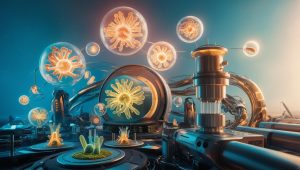
The Impact of Biotechnology
Biotechnology has a significant impact on society.
Biotechnology has a significant impact on society. In medicine, it has brought about therapies and diagnostics that have saved millions of lives. In agriculture, this technology has increased food production while also reducing farming’s environmental impact. Additionally, biotechnology offers tools to clean up pollution and protect ecosystems.
However, biotechnology also raises ethical and safety concerns. The use of genetically modified organisms (GMOs) in food production, for example, has sparked debates about their safety and environmental impact. Gene editing technologies like CRISPR have raised questions about the potential for “designer babies” and the ethical implications of altering human DNA.
These concerns highlight the need for careful regulation and oversight. It’s essential to balance the potential benefits of biotechnology with the risks to ensure that new technologies are developed responsibly and used for the greater good.
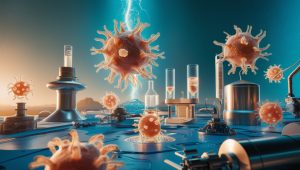
The Future of Biotechnology
The future of biotechnology is incredibly promising. Advances in genetic engineering, synthetic biology, and other areas are opening up new possibilities for innovation. Here are a few trends that could shape the future:
- Personalized Medicine: We are moving toward a future where medical treatments can be tailored to an individual’s genetic makeup. This could lead to more effective therapies with fewer side effects.
- Sustainable Agriculture: Biotechnology will continue to play a crucial role in developing crops that can withstand climate change, pests, and diseases. This will reduce the need for chemical inputs like pesticides and fertilizers.
- Environmental Restoration: Advances in environmental biotechnology could provide new tools for restoring damaged ecosystems, cleaning up pollution, and combating climate change.
- Synthetic Biology: This emerging field involves designing and building new biological systems from scratch. It holds the potential to create entirely new forms of life with useful properties, such as microorganisms that can produce biofuels or break down pollutants.

Conclusion
Biotechnology is a dynamic and rapidly evolving field that holds the potential to transform many aspects of our lives. From medicine and agriculture to environmental management and industry, biotechnology is already making a significant impact. As we continue to explore this powerful science, it’s important to approach it with both excitement and caution. This will ensure that the benefits of biotechnology are realized while addressing the ethical and safety concerns it raises.
